

Today we’d like to introduce you to Kimberly Ratcliff.
Hi Kimberly , so excited to have you with us today. What can you tell us about your story?
I grew up on the land, learning from my father, Wesley Ratcliff, who was not only a NASA engineer but also a lifelong rancher. No matter where we lived, he always made sure we had land—he believed it was the foundation of independence and legacy. In 2002, he moved our family back to Texas and purchased Caney Creek Ranch as a full-scale cattle operation. I didn’t know it at the time, but that move would shape the rest of my life.
After earning my degree, I pursued a marketing career in New York’s financial world. I worked on Wall Street and gained invaluable experience, but something always felt disconnected. I began to see the stark contrast between the fast-paced financial industry and the very real, very underrepresented needs of rural communities—especially Black-owned farms and ranches. In 2007, I made the decision to leave corporate America and return home to help run the ranch.
That decision wasn’t just about family—it was about purpose. I wanted to build something that could sustain not just our land, but our community. That’s how Ratcliff Premium Meats came to be. It’s a vertically integrated business, which means we raise the cattle, oversee the processing, and sell the beef directly to consumers. But it’s more than just a business. It’s a platform for change.
We don’t just raise our own cattle—we also purchase cattle from other Black producers in our area, ensuring that the dollars we earn circulate back through our local community. This is especially important in our region, which has the highest concentration of Black agricultural producers in the country. I’m proud that Ratcliff Premium Meats helps shine a light on these producers and gives them access to markets that have historically been out of reach.
Supporting our community goes beyond business. I also founded the Ratcliff Community Base Organization, a nonprofit focused on economic development, education, and access to resources in rural areas. Our goal is to equip local families—especially the next generation—with the tools they need to not only survive but thrive in agriculture and beyond.
I also serve on a number of state and national boards and advisory committees, advocating for socially disadvantaged farmers and ranchers, rural leadership, and sustainable land practices. Sustainability isn’t just a buzzword for us—it’s our way of life. We practice rotational grazing, care deeply for our animals, and strive to preserve the land for generations to come.
At the end of the day, everything I do is about legacy—my family’s legacy, the legacy of small Black ranches in America, and the legacy of our land. I want people to know where their food comes from and who it supports. And I want our work to open doors for others, the same way my father opened a door for me when he brought us back to Texas and believed we could build something lasting.
We all face challenges, but looking back would you describe it as a relatively smooth road?
It definitely hasn’t been a smooth road—ranching rarely is. When I came back home to help run the family ranch, one of the first challenges was figuring out how to make the operation more profitable. We had the cattle, the land, and the legacy—but not enough margin to sustain long-term growth or reinvest in the operation. That’s what pushed me to think about building a vertically integrated business. I realized that to stay viable, we couldn’t just raise cattle—we had to own more of the process, from ranch to table.
One of the biggest hurdles we’ve faced is access—to knowledge, to resources, and to capital. There’s no handbook for how to take a ranching operation and turn it into a direct-to-consumer premium beef brand. And as a Black woman in agriculture, I often found myself navigating spaces where people didn’t expect me to be—or where doors weren’t easily opened. That’s part of why I serve on so many advisory boards now. I want to help other socially disadvantaged producers avoid some of the barriers I faced.
Distribution was another major challenge. Getting our beef into the hands of consumers—whether through local markets, online sales, or restaurants—took years of relationship building and trust. We didn’t have a major distributor behind us. We had to build that network ourselves. At the same time, we were committed to doing things the right way: raising our cattle on pasture, practicing rotational grazing, and ensuring the animals were treated with respect. That level of care takes time, resources, and a different mindset than conventional operations.
Sustainability has been an ongoing focus. Not just environmental sustainability—but financial and generational sustainability. We want the ranch to be here 50, 100 years from now. That means we’re constantly looking at how we manage our land, water, and herd health, while also creating business models that are adaptable and resilient.
One of the unexpected challenges has been education. Many consumers simply don’t know what it takes to raise cattle ethically, sustainably, and humanely. Part of our mission at Ratcliff Premium Meats is to close that gap—through storytelling, transparency, and community outreach. We want people to see the faces and families behind their food. That’s why we host events, partner with local schools, and share our journey openly.
Every step has come with its own set of obstacles, but each one has also made us stronger. We’ve learned how to innovate without losing sight of our roots—and how to bring others along with us.
Alright, so let’s switch gears a bit and talk business. What should we know?
Ratcliff Premium Meats is a vertically integrated beef company rooted in legacy, community, and sustainability. We raise our own cattle on our family-owned ranch in Texas, and we also purchase cattle from Black ranchers in our region—ensuring that more of the money we generate circulates back into our local economy. Our focus is on delivering high-quality, pasture-raised beef directly to consumers while preserving the future of small, family-run farms.
We offer everything from premium steaks and roasts to specialty cuts and curated boxes like our Smother Me Slow and Slow Cook packages. Our beef is available online, shipped directly to customers, and sold locally—every weekend, my brothers bring our meat to the Frisco Fresh Market in Frisco, TX, where we’ve built a loyal following. People don’t just come for the beef—they come for the story and the connection to our family.
What truly sets us apart is our commitment to integrity and community impact. We practice rotational grazing, treat our animals with care, and prioritize transparency at every step. We’re proud to partner with Prairie View A&M University on their “AgLetics” program, which provides nutrition education and high-quality protein to student athletes, connecting agriculture with wellness in a powerful way.
Brand-wise, I’m incredibly proud that Ratcliff Premium Meats represents more than just a product—it represents possibility. I want people to know that it’s possible to do agriculture differently, to center equity and sustainability, and to thrive without compromising your values. That’s been recognized on a national level: I was honored to receive the Lloyd Wright Small Farmer of the Year award and be named one of Farm Journal’s Top Ag Producers – Women in Ag.
Whether it’s our beef, our nonprofit efforts through the Ratcliff Community Base Organization, or our educational partnerships, everything we do is about legacy. When you support Ratcliff Premium Meats, you’re supporting a family, a community, and a future rooted in purpose.
We all have a different way of looking at and defining success. How do you define success?
For me, success isn’t just about numbers—it’s about impact. It’s about knowing that we’re creating something that lasts beyond ourselves. Success is preserving our land, keeping our family ranch running, and making sure our work lifts up others along the way.
It looks like seeing customers understand where their food comes from—and care. It’s knowing that our beef isn’t just feeding families, but also supporting local Black ranchers, educating young people, and helping future generations see a place for themselves in agriculture.
Success is also legacy. If we can build a business that honors the work of my father and grandfather while making space for the next generation, then we’ve done something meaningful. If we can stay rooted in our values and still grow, innovate, and lead—that’s success to me.
Contact Info:
- Website: https://www.ratcliffpremiummeats.com/
- Instagram: https://www.instagram.com/ratcliffpremiummeats/
- Facebook: https://www.facebook.com/RatcliffPremiumMeats
- LinkedIn: https://www.linkedin.com/company/ratcliffpremiummeats
- Other: https://www.kimberlyratcliff.com/
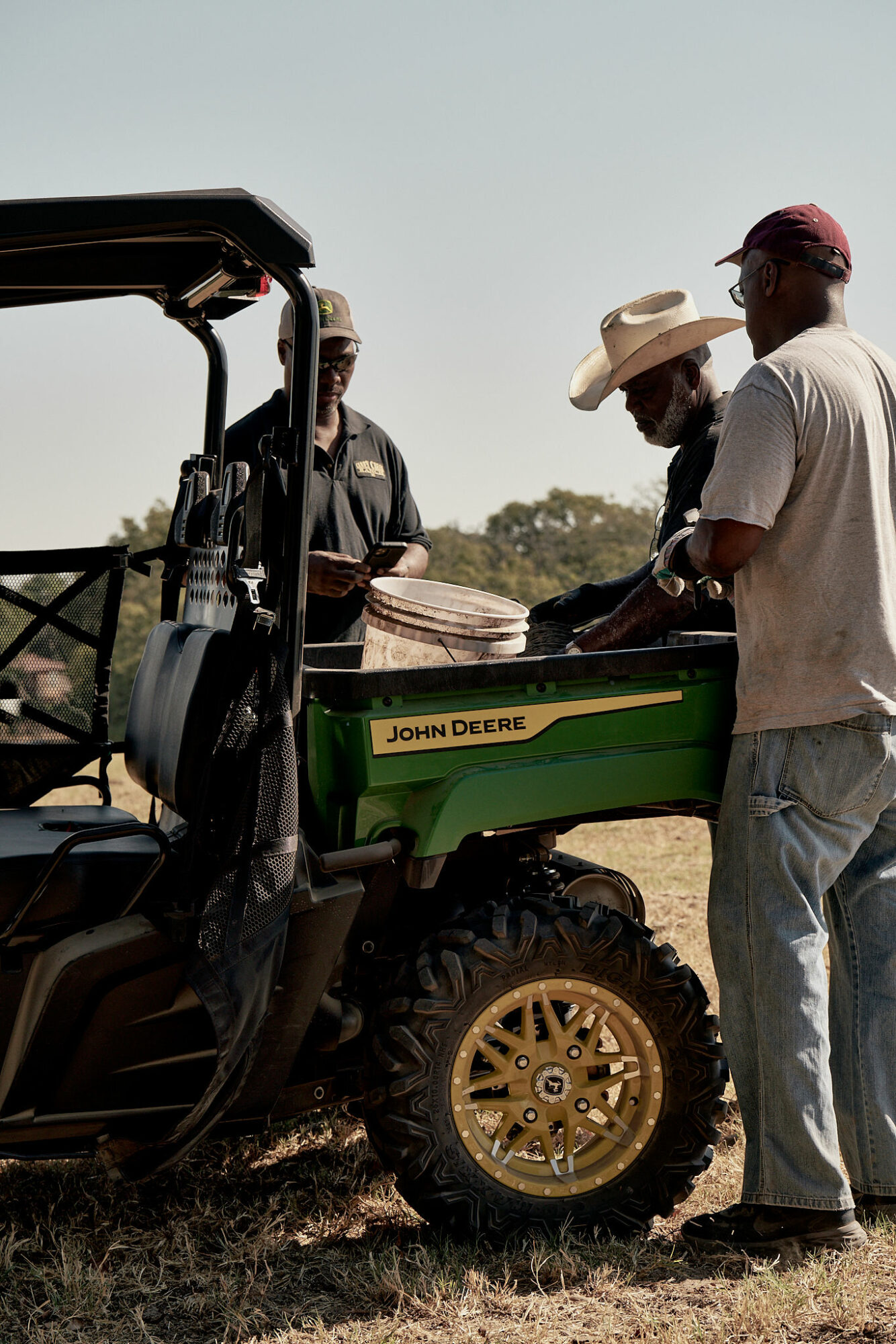
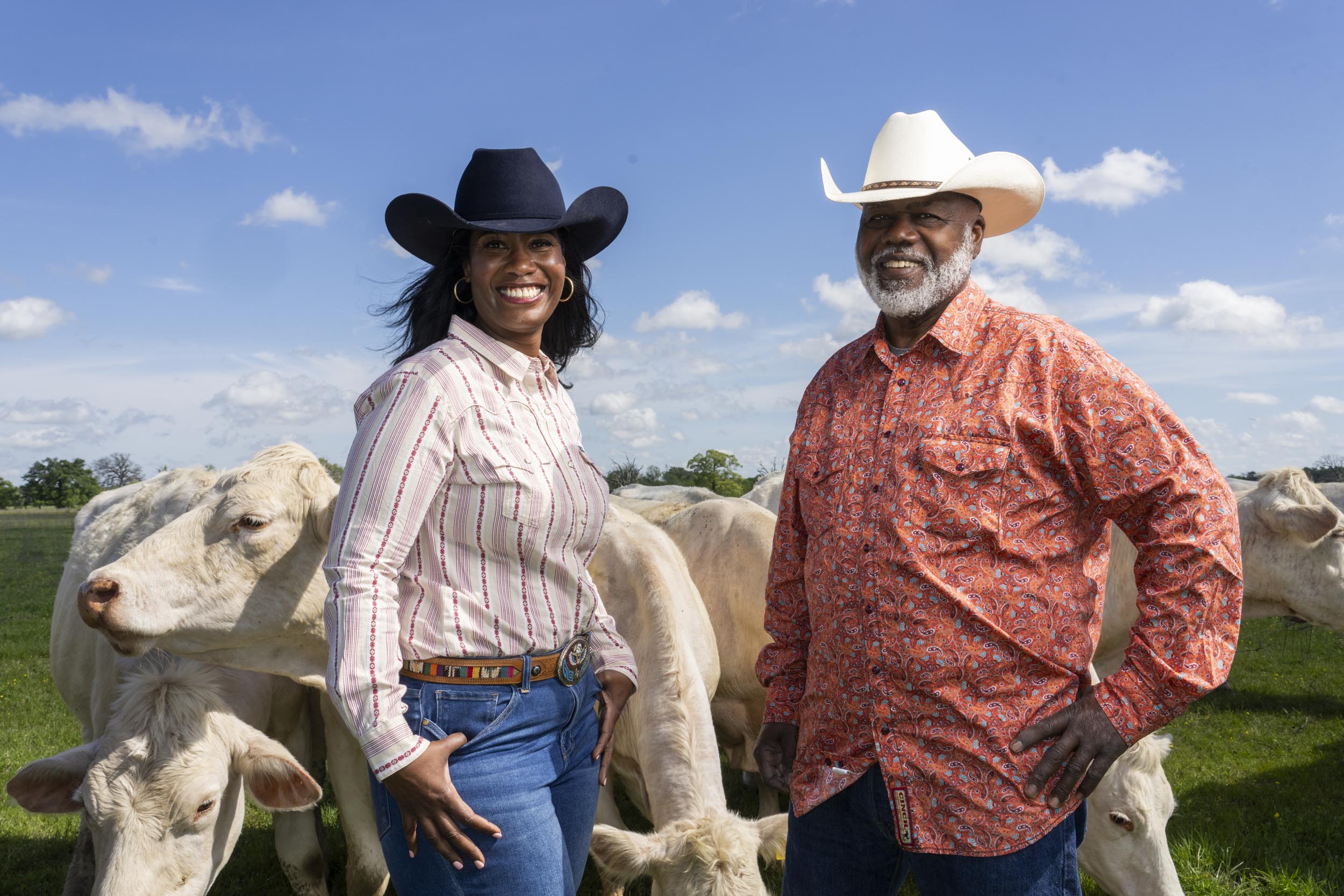
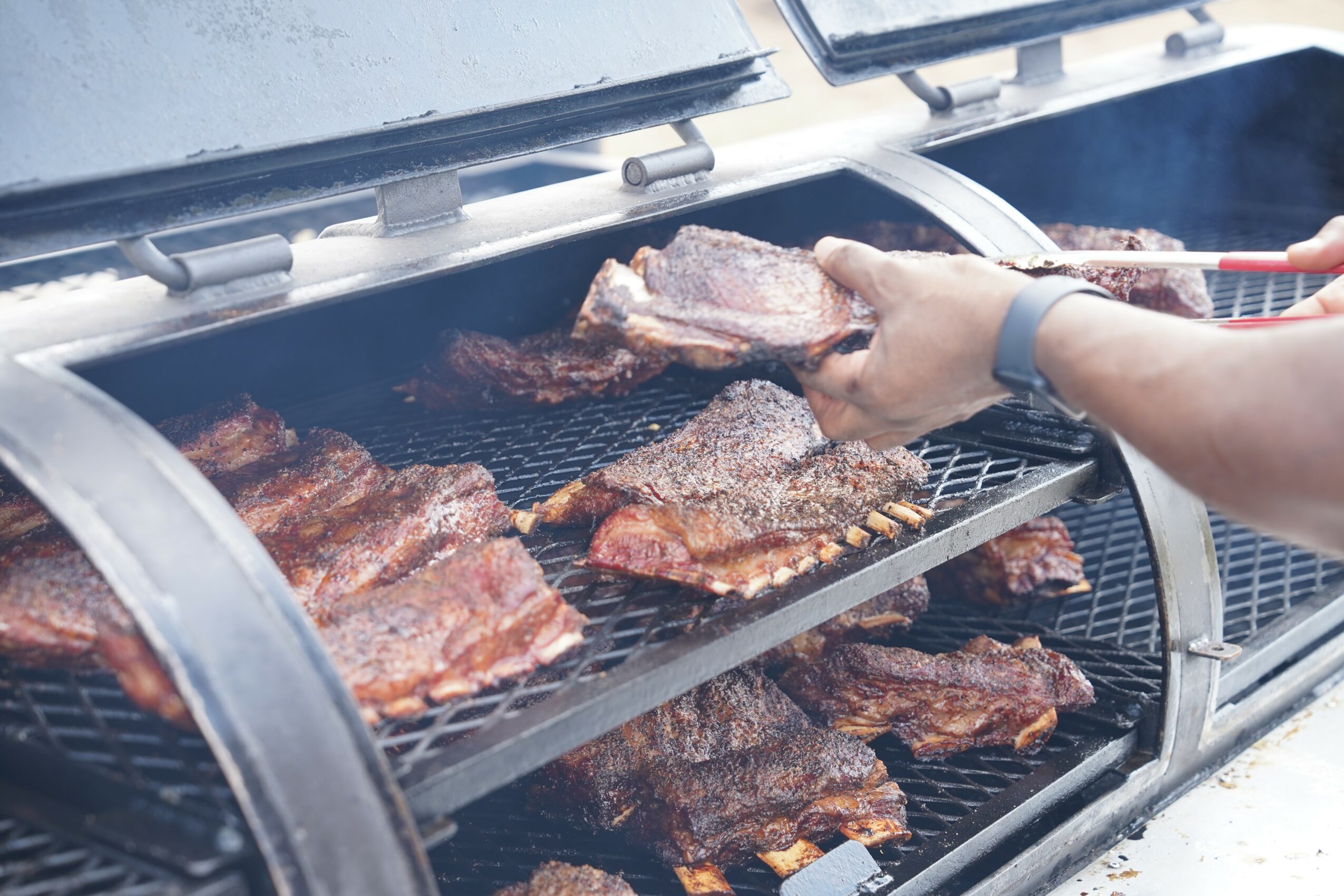
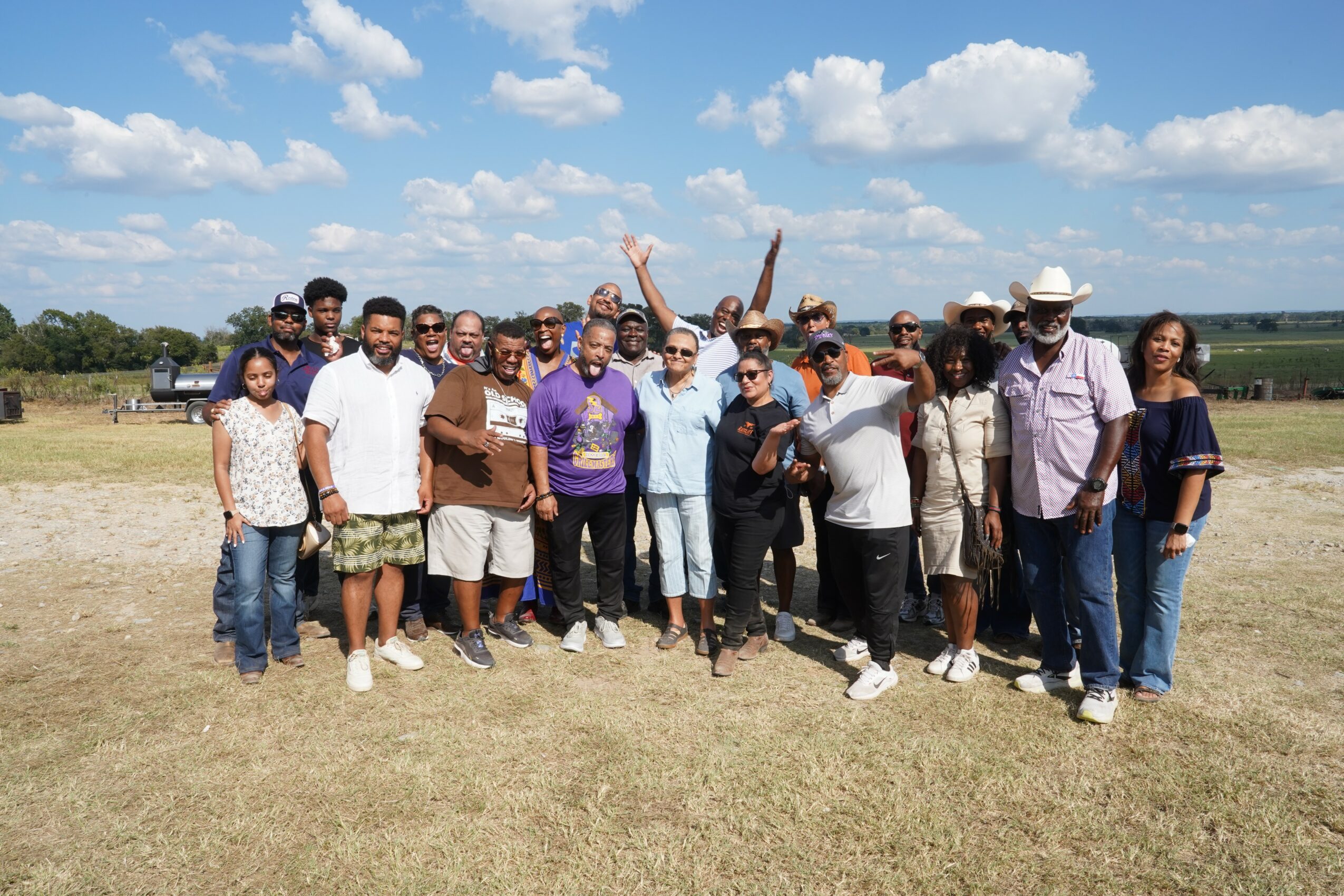
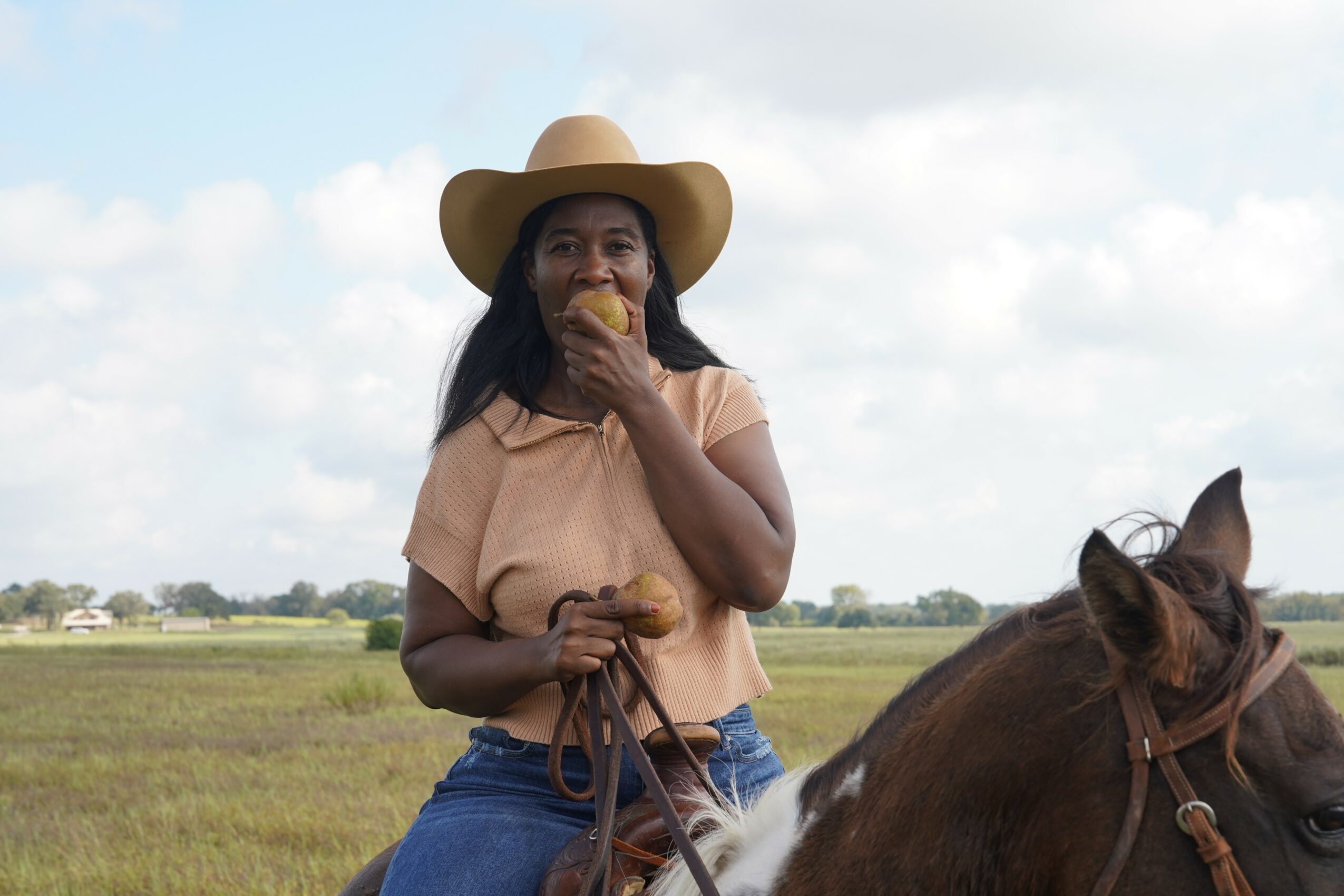
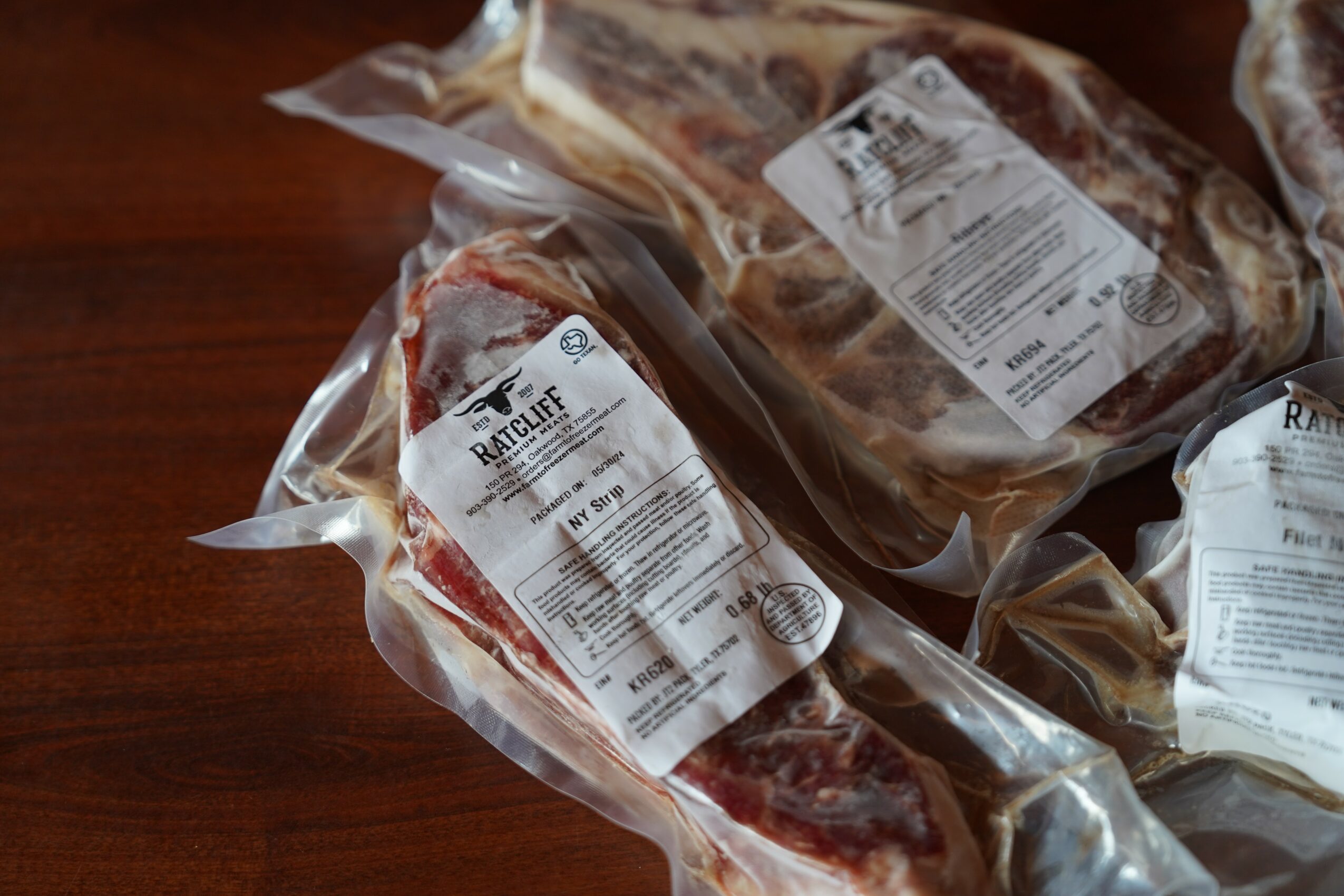
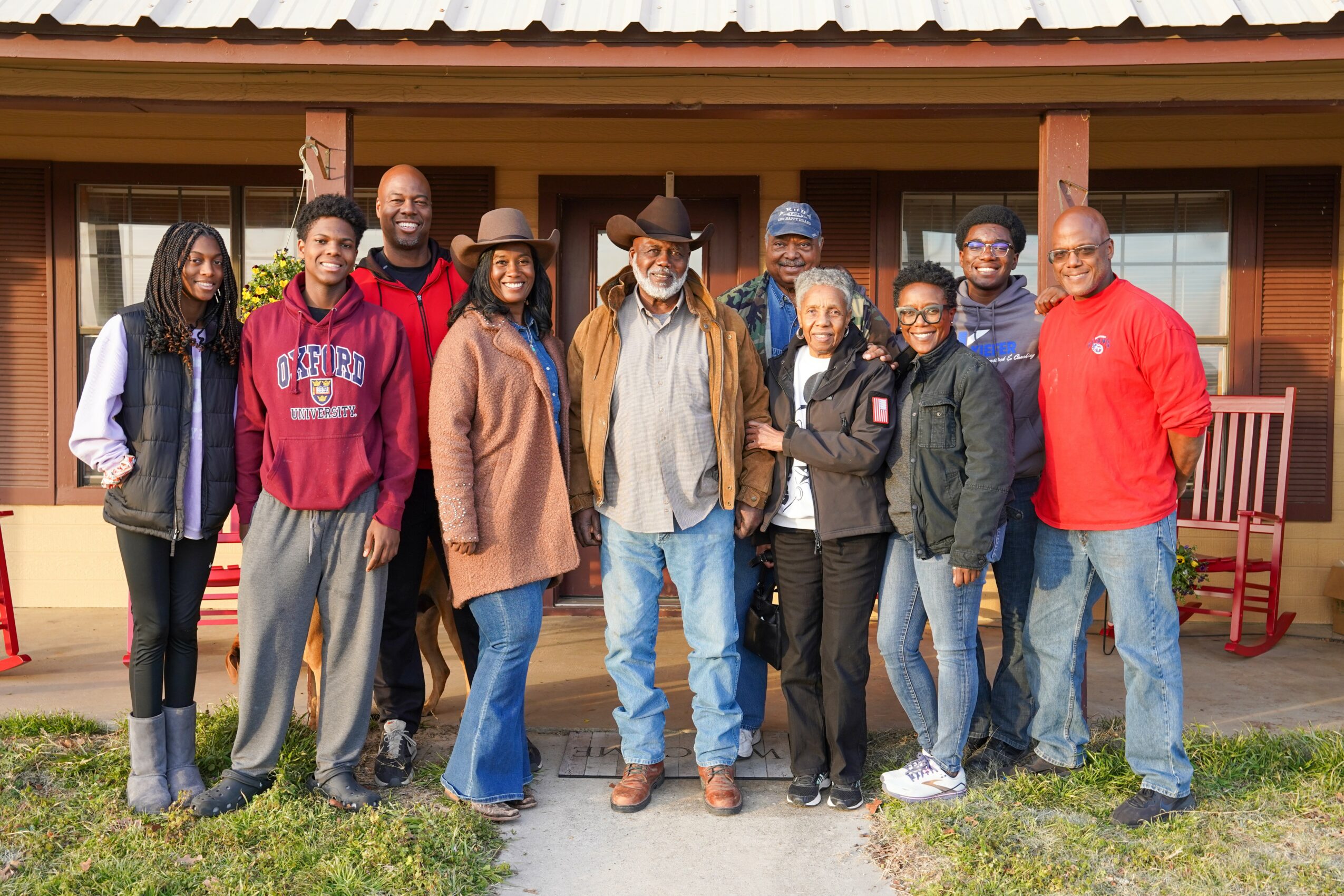
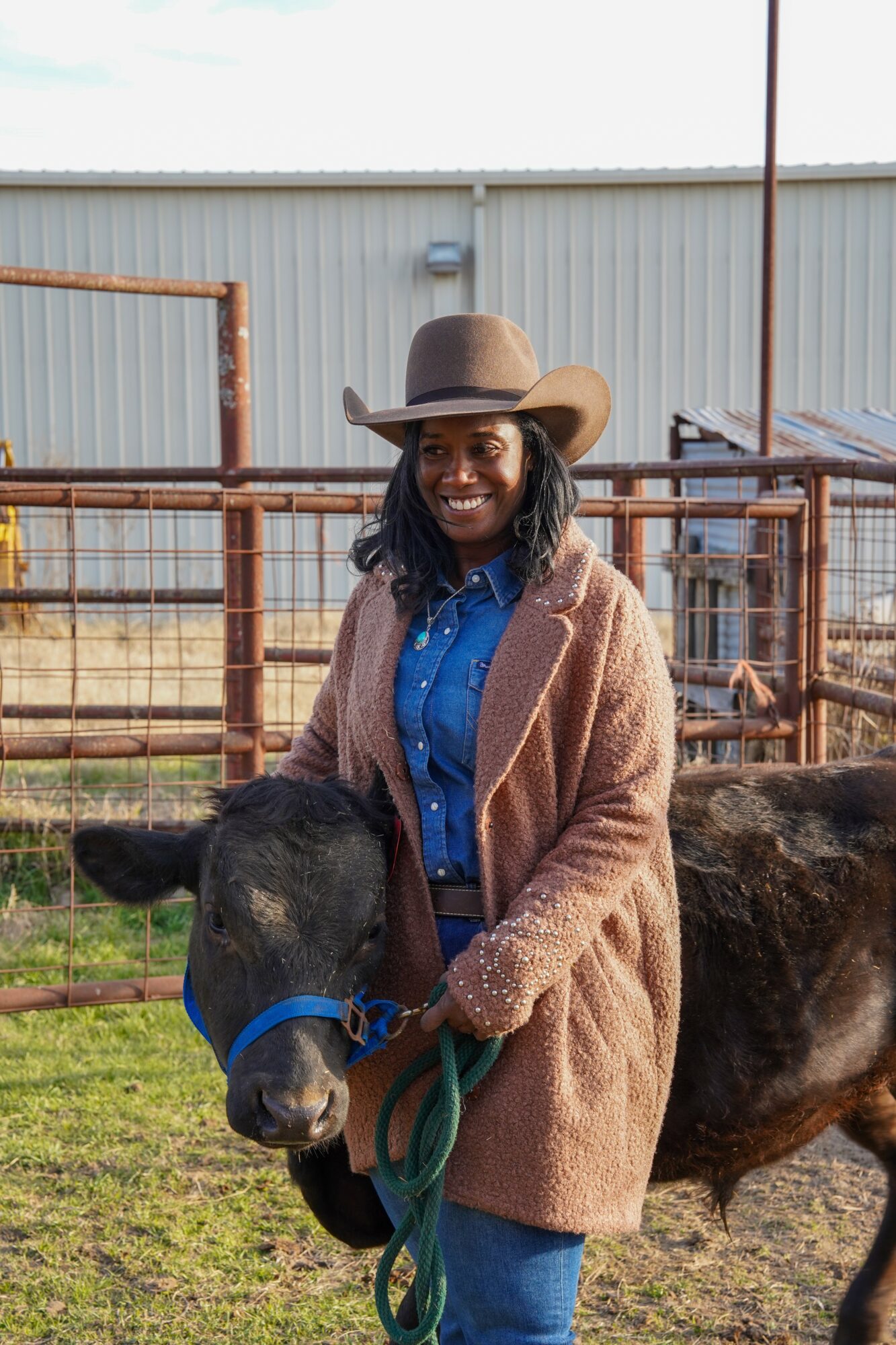
Image Credits
Texas Parks & Wildlife Foundation, John Deere, Ratcliff Premium Meats










